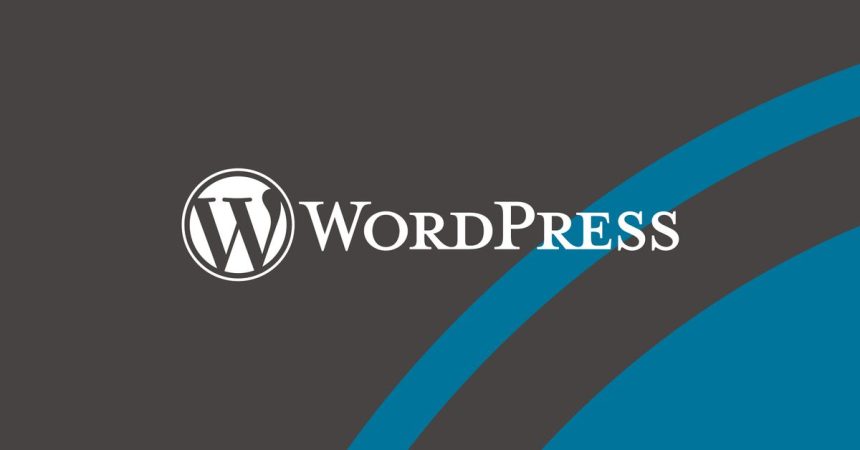Automattic, the driving force behind WordPress.com, has announced a significant reduction in its contributions to the open-source WordPress project, a move that has ignited controversy within the WordPress community. The company, spearheaded by CEO Matt Mullenweg, plans to drastically decrease its weekly contribution from 3,988 hours to a mere 45 hours, a figure aligned with the “Five for the Future” initiative, which encourages organizations to dedicate five percent of their resources to WordPress.org. This dramatic shift marks a substantial departure from Automattic’s historical role as a primary contributor to the platform’s development and maintenance. The company attributes this decision to several factors, most notably the ongoing legal battle with WP Engine, a prominent WordPress hosting provider.
Automattic cites the substantial financial and time commitment required by the lawsuit as a primary reason for reallocating resources. The legal dispute, which revolves around trademark issues related to the “Gutenberg” name used for the WordPress block editor, has consumed significant company resources that Automattic argues could have been channeled towards furthering the development and growth of the WordPress ecosystem. They express hope that WP Engine will reconsider the legal action, allowing them to redirect their efforts back to the project. This suggests that Automattic views the lawsuit as a major distraction from its core mission and a significant impediment to its ability to contribute effectively to the open-source project.
Beyond the legal entanglement with WP Engine, Automattic also points to the “intense criticism” from certain members of the WordPress community who advocate for Mullenweg’s reduced involvement in the project. While the specifics of this criticism remain somewhat ambiguous, it points to underlying tensions and disagreements regarding leadership and direction within the community. The confluence of these internal and external pressures has seemingly compelled Automattic to reassess its commitment to the open-source project, opting for a drastically reduced role.
Adding to the complexity of the situation, Automattic experienced a wave of employee departures last year, following the company’s offer of buyouts to staff members who disagreed with the legal pursuit of WP Engine. This suggests internal divisions within Automattic itself regarding the handling of the dispute and potentially broader dissatisfaction with Mullenweg’s leadership. The combination of the lawsuit, internal dissent, and external criticism paints a picture of a company grappling with multiple challenges that have ultimately led to this dramatic reduction in open-source contributions.
Further exacerbating the community’s concerns is the recent dissolution of the WordPress.org sustainability team, a decision made by Mullenweg. While the team’s specific goals were not explicitly detailed, its disbandment has been interpreted by some as a further sign of decreased commitment to the long-term health and well-being of the open-source project. The timing of this decision, coming on the heels of the announced reduction in contributions, has fueled speculation about the future direction of WordPress and the role Automattic intends to play.
The overall impact of Automattic’s scaled-back involvement remains uncertain. While the company maintains that the remaining 45 hours will be dedicated to critical updates and security issues, concerns linger about the potential consequences for the long-term development and maintenance of the open-source project. The significant reduction in contributions raises questions about who will fill the void and whether other companies or individual contributors will be able to step up to maintain the platform’s growth and stability. The situation underscores the complex relationship between Automattic, the WordPress open-source project, and the wider community, highlighting the challenges of balancing commercial interests with the collaborative spirit of open-source software development. The ongoing legal battle, internal dissent, and external criticism have converged to create a pivotal moment for WordPress, one that will likely reshape the dynamics of its development and future trajectory.



